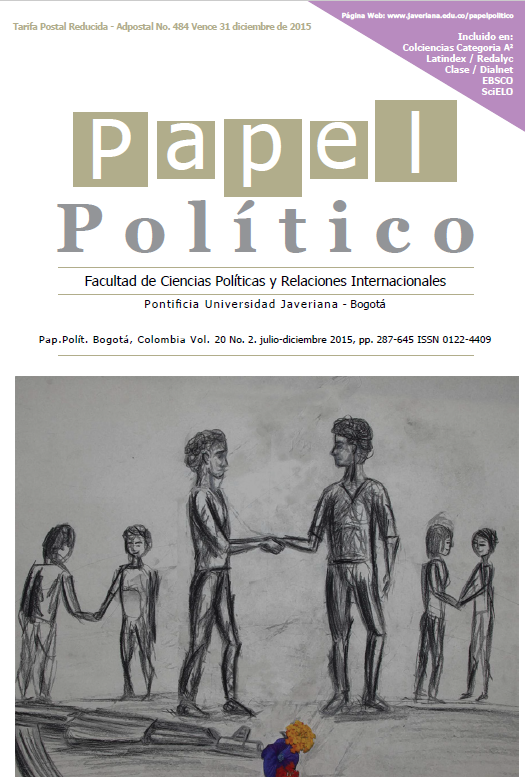Abstract
The intention of this work is to analyze the scopes and limitations of the neo-institutional approach of the union actor in the contemporary Argentine. This theoretical perspective, on the one hand, has forged concepts that became common in political science: "union base party", "desindicalización supporter", "labor base party", "neo- corporate segmentation" and "unión revitalization". On the other hand, the explanation of the terms is very similar in spite of the fact that they recount to political different processes. For it, the article argues the existence of an explanatory imbalance when the link is approached between institutions and union action. From the neo-institucionalism an emphasis is observed on the possibilities that the institutions has of acting politically on the union organizations and not on the way which the actors influence the institutional frames. This is relevant in a theoretical approach that says to prioritize in its analysis " how the actors think”.
This journal is registered under a Creative Commons Attribution 4.0 International Public License. Thus, this work may be reproduced, distributed, and publicly shared in digital format, as long as the names of the authors and Pontificia Universidad Javeriana are acknowledged. Others are allowed to quote, adapt, transform, auto-archive, republish, and create based on this material, for any purpose (even commercial ones), provided the authorship is duly acknowledged, a link to the original work is provided, and it is specified if changes have been made. Pontificia Universidad Javeriana does not hold the rights of published works and the authors are solely responsible for the contents of their works; they keep the moral, intellectual, privacy, and publicity rights.
Approving the intervention of the work (review, copy-editing, translation, layout) and the following outreach, are granted through an use license and not through an assignment of rights. This means the journal and Pontificia Universidad Javeriana cannot be held responsible for any ethical malpractice by the authors. As a consequence of the protection granted by the use license, the journal is not required to publish recantations or modify information already published, unless the errata stems from the editorial management process. Publishing contents in this journal does not generate royalties for contributors.


